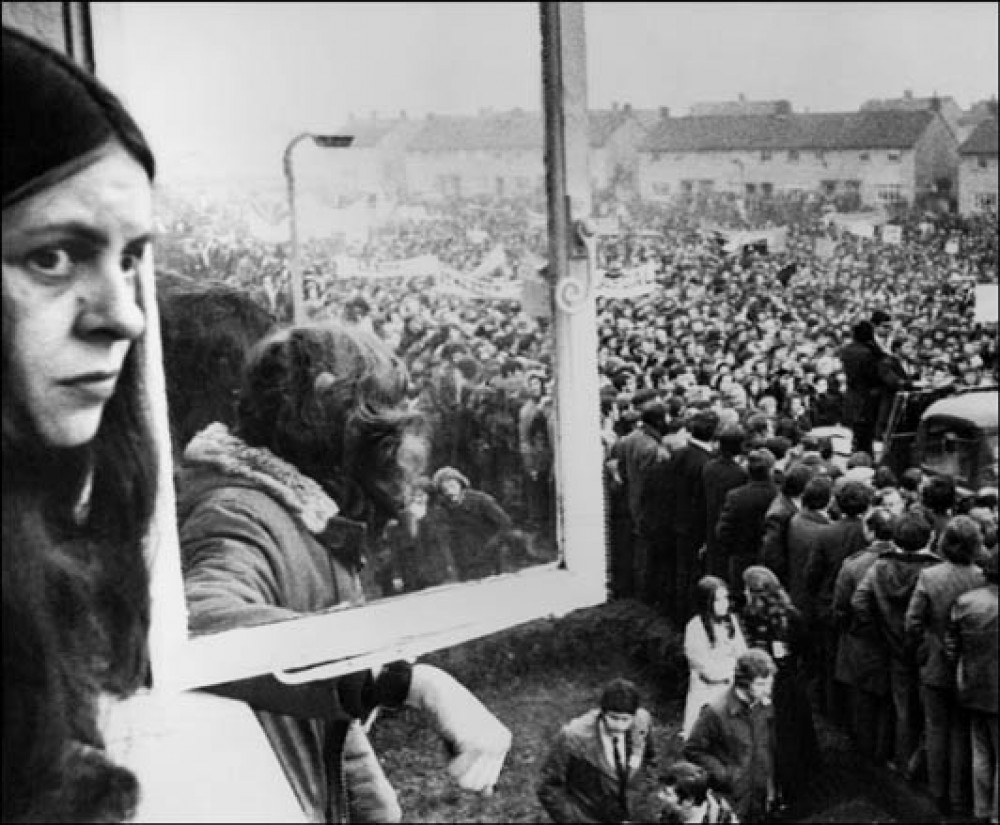”Of late, I find myself asking: ‘What are my borders?’ ‘Who do I/my community exile?’ ’How and where does my body act as a border?’ and ‘What kind of borders exist in my spaces?’
In the social-justice world, this can look like many things, from anti-blackness in Arab and Asian communities, or transmisogny and transphobia in feminist spaces, the marginalization and silencing of people of colour in the LGBTQI movement, or Islamophobia and the undermining and erasure of communities of faith in activist and campaigns spaces.
Moreover with the increasing NGO-ization of grassroots campaigns and struggles, we see the replication of certain power structures establish itself in our spaces. We see how we ourselves commit interpersonal and intimate harms on each other, despite being the ‘knowing-better-good-intentioned-do-gooders’.
It is clear these issues in our organizing spaces arise for many reasons, one of which is that ‘hurt people, hurt other people’. As people with vicarious-, generational- and oppression-based trauma, there is internal work needed: figuring out ‘how’ we do the work – the ‘why’, while building safety mechanisms to hold each other accountable in tender and kind ways. After all, what’s the point of having decolonized, queer, de-capitalized, anti-oppression, intersectional institutions (the list is not exhausted), if we are still exercising power and injustices on each other? And how do we do this without falling in the trap of a culture of calling out (instead of calling in) which feeds in to our/the culture of disposability with each other that capitalism has made so comfortable? The breadth of our task means we mess up and get it wrong. After all, ‘what we’re trying to do here is a radical unlearning of everything we have been configured to believe is normal’. In this, how do we ensure that the spaces we are building in our movements are resilient in our resistance? How do we make our organizing spaces into communities?
The emphasis on communities comes from the realization that we can’t continue letting our own spaces uphold power structures in the guise of solidarity, that we can’t shy away from hard dynamics, but instead be committed to each other. Real deep-rooted change requires ALL of us. So, in the absence of borders, if we are still committed to their removal, how do we hold ourselves together? Mia Mingus reminds us:
Interdependency is both ‘you and I’ and ‘we’. It is solidarity, in the best sense of the word. It is inscribing community on our skin over and over and over again. It is truly moving together in an oppressive world towards liberation and refusing to let the personal be a scapegoat for the political. It is knowing that one organization, one student or community group is not a movement. It is working in coalition and collaboration. Because the truth is: we need each other. We need each other. And every time we turn away from each other, we turn away from ourselves. We know this. Let us not go around, but instead, courageously through. ”
”
Read more of these lovely words….

 ”
”